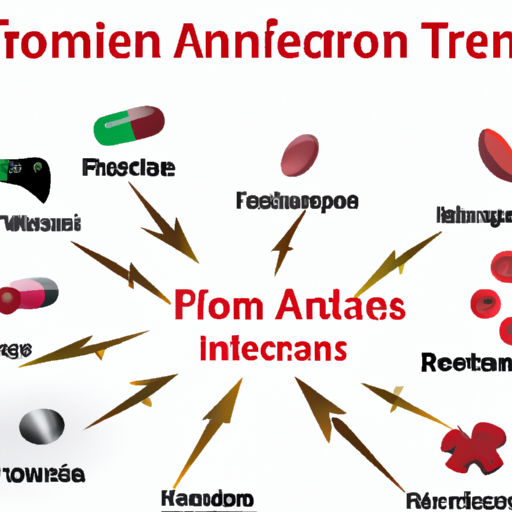Uncategorized
Factors Types, Benefits, and Risks of Iron Supplements in Treating Anemia
- Iron Deficiency Anemia: Causes and Treatment
- The Benefits of Iron Supplements for Anemia
- Types of Iron Supplements for Anemia
- What Supplements Should You Take for Anemia?
- Iron-Rich Diet for Iron Deficiency Anemia
- Side Effects of Anemia Supplements
- How Long Does It Take for Iron Supplements to Take Effect?
- The Lowdown
Iron Deficiency Anemia: Causes and Treatment
Iron is a crucial mineral that plays a vital role in producing red blood cells, which transport oxygen throughout the body. Iron deficiency anemia occurs when there isn’t enough iron in the body, leading to low red blood cell levels and reduced oxygen flow to organs and tissues. This common nutritional disorder affects 25% of people worldwide.
The Benefits of Iron Supplements for Anemia
While increasing iron-rich foods in your diet may help manage anemia, many people require additional iron through supplements. Iron supplements come in various forms, including high-dose liquids or tablets, and intravenous injections. However, it’s crucial to consult a doctor before taking any supplements, as anemia can be a sign of a serious medical problem.
Types of Iron Supplements for Anemia
There are two main types of iron supplements: oral and intravenous. Oral supplements come in different forms, including tablets, capsules, and drops, and can cause digestive side effects. Intravenous supplements may be recommended if oral supplements cause side effects or if the digestive system has trouble absorbing iron.
What Supplements Should You Take for Anemia?
Before taking any supplement for anemia, it’s essential to consult with a doctor to determine the underlying cause. Iron supplements are typically given for iron deficiency anemia resulting from inadequate dietary iron intake or chronic inflammation. Deficiencies in vitamins B9, B12, and B6 can also lead to anemia and may require oral or injectable supplements.
Iron-Rich Diet for Iron Deficiency Anemia
Iron-rich foods like red meat, legumes, seafood, and dark green leafy vegetables can help individuals with mild iron deficiency anemia get enough iron from their diet. However, people with more severe cases may require supplementation.
Side Effects of Anemia Supplements
Iron supplements can manage anemia effectively, but some people may experience side effects like nausea, diarrhea, constipation, or flatulence. These side effects may disappear once the body adjusts to the supplements, but it’s essential to speak to a healthcare professional if they persist.
How Long Does It Take for Iron Supplements to Take Effect?
The time it takes for red blood cell counts to return to normal after taking iron supplements varies based on the severity of anemia, supplement dosage, and absorption rate. People with mild anemia may see results within four weeks, while those with severe anemia may require months of supplementation.
The Lowdown
Anemia is a condition characterized by low levels of red blood cells in the body, leading to reduced oxygen flow to organs and tissues. Iron deficiency anemia is a common nutritional disorder that can be managed through iron-rich foods or supplements. However, it’s crucial to consult with a doctor before taking any supplements to determine the underlying cause of anemia.

 Skip to content
Skip to content


